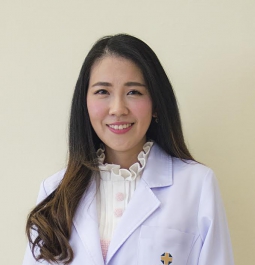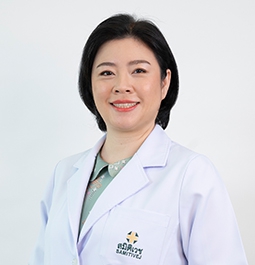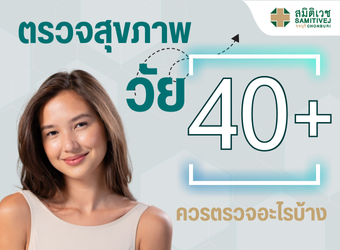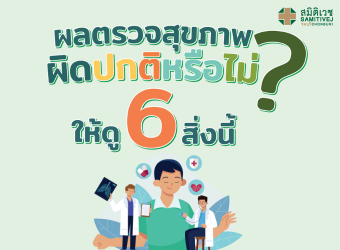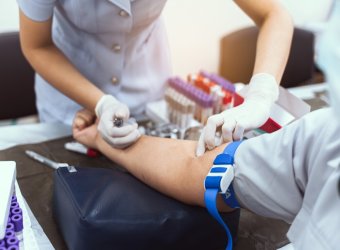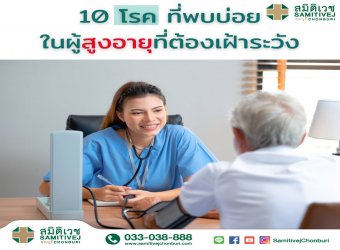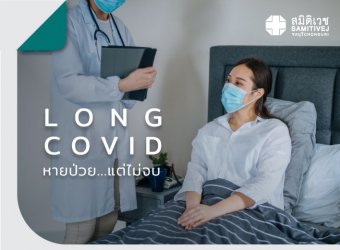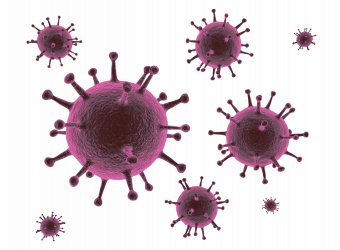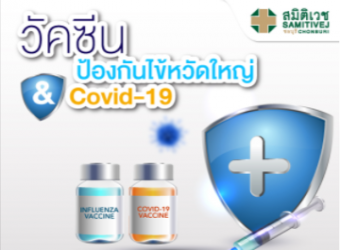Annual Health Check-ups: What Should Be Examined for Each Age Group
(Wellness Center) article author : Admin
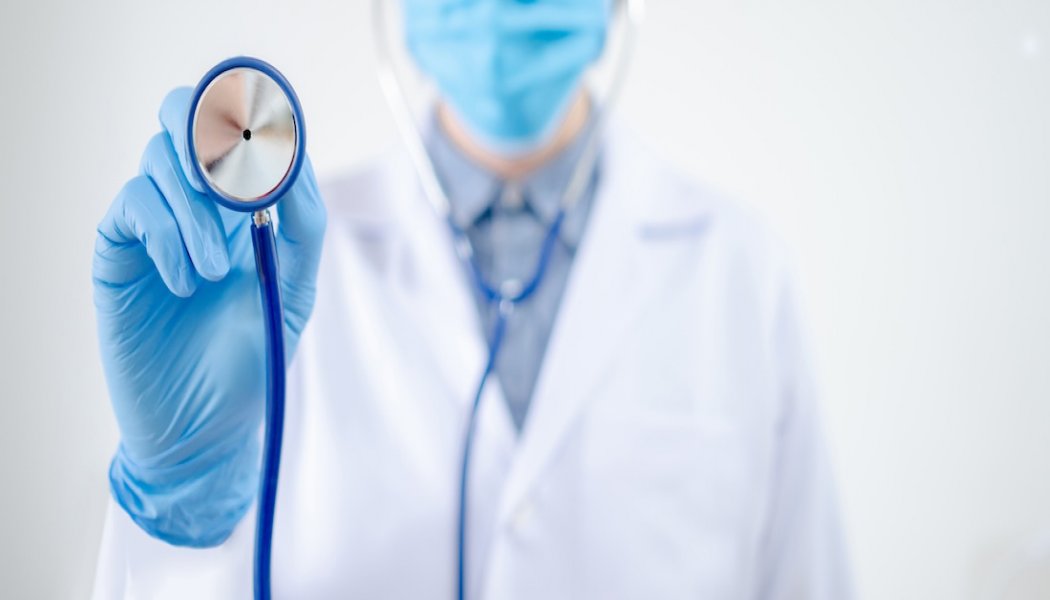
Annual Health Check-ups: What Should Be Examined for Each Age Group
Good health is something many people aspire to because it has a direct impact on their quality of life. As modern lifestyles have changed, the risks to our bodies have increased and diseases may appear unexpectedly. Therefore, regular annual health check-ups are crucial in assessing overall health by detecting problems early and allowing treatment to prevent them from worsening. This article will outline what aspects of health to focus on for different age groups and how to prepare to ensure accurate results.
What Should be Included in Annual Health Check-ups for Each Age Group?
Under 30 Years Old
Many people think that health check-ups are only necessary for the elderly. However, young adults are also at risk from a variety of diseases. Health check-ups before the age of 30 can help detect hidden conditions and assess the risk of diseases that may not yet be showing any symptoms. This allows for appropriate health care planning. The basic annual health check-ups include:
- Complete blood count to check for anaemia and infections.
- Blood sugar test to screen for diabetes.
- Blood lipid test to screen for high cholesterol.
- Uric acid test to screen for gout.
- Kidney and liver function tests to assess organ performance.
- Urine test to detect urinary tract infections and kidney diseases.
- Chest X-ray to screen for lung diseases.
Aged 30-39
During this stage of life, many people focus on work to build financial stability. However, good health is the foundation for achieving long-term goals. Annual health check-ups in this age group are essential because chronic diseases such as high cholesterol, diabetes, hypertension and heart disease can begin to emerge. Regular check-ups can detect these conditions early, increasing the chances of successful treatment. Focus should be given to:
- Cardiovascular disease risk assessment, including blood pressure, electrocardiogram (ECG), and lipid levels.
- Hepatitis B screening to reduce the risk from workplace exposure. Vaccinations such as for Hepatitis B, influenza, and HPV should also be considered.
Aged 40-59
If you haven’t taken care of yourself in earlier years, signs of deterioration may start to appear in this stage. The body begins to age and symptoms of various diseases can start to show. Regular check-ups are crucial to prepare for the transition into middle age. In addition to general health screenings like blood pressure, ECG, lipid levels, and hepatitis B screening, this age group should also focus on cancer screenings such as for liver, lung and prostate cancer in men, and cervical and breast cancer in women. Eye health screenings are also important to detect changes in vision.
60 Years and Older
In this stage of life, the body naturally deteriorates, and organs and systems no longer function optimally, increasing the likelihood of illness. Annual health check-ups can help monitor treatment progress and prevent complications. In addition to basic check-ups and screenings, similar to those for the 40-59 age group, mental health assessments are also essential, as the elderly are at higher risk for depression.
How to Prepare for an Annual Health Check-up?
- Get enough rest
Lack of sleep can affect various body measurements, such as hormone levels, fat, and blood sugar. Therefore, it's recommended to sleep at least 7-8 hours before the check-up. - Fasting
You should fast for 8-12 hours before the check-up, except for water, which can be sipped. This helps ensure accurate results, particularly for diabetes and cholesterol tests. - Live normally
Some people alter their lifestyle drastically before a check-up to get better results. However, it's best to continue with your regular routine to provide accurate insights into your health. - Monitor your menstrual cycle
Women should avoid check-ups during menstruation as hormonal fluctuations can affect the results. It's best to schedule the check-up 5-7 days after your period. - Wear comfortable clothing
Choose loose, easy-to-remove clothing to make the examination process smoother and quicker.
Comprehensive Health Check-ups for All Age Groups
Samitivej Chonburi, a leading private hospital offers comprehensive health check-ups for every stage of life with a variety of health screening programs. We provide you with valuable care, including the option to choose annual check-ups and screenings tailored to specific concerns.
For more information, contact 033-038-888.



